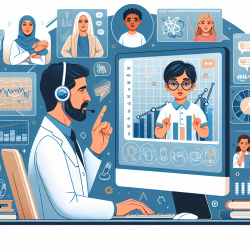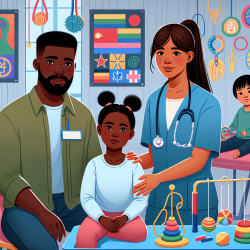Adverse Childhood Experiences (ACEs) have profound implications on the long-term health and human capital of individuals. Understanding these impacts is crucial for practitioners who work with children and young adults, especially in educational settings. The research article "The Long-Term Health and Human Capital Consequences of Adverse Childhood Experiences in the Birth to Thirty Cohort: Single, Cumulative, and Clustered Adversity" provides valuable insights into these effects.
The Study at a Glance
The study examined the link between ACEs and adult human capital outcomes in a South African cohort. It highlighted how different measurements of adversity—single, cumulative, and clustered—are associated with varying impacts on human capital indicators such as education, employment, mental health, and social outcomes.
Key Findings
- Single Adversities: Physical, sexual, and emotional abuse were strongly linked to negative outcomes like incomplete schooling and unemployment.
- Cumulative Adversities: The risk for poor outcomes increased with the number of ACEs experienced.
- Clustered Adversities: Patterns of adversities showed distinct impacts on psychological distress and social isolation.
Implications for Practitioners
The findings underscore the importance of addressing ACEs in educational and therapeutic settings. Here are some ways practitioners can enhance their skills and support students more effectively:
- Create Safe Environments: Schools should foster safe spaces where students feel secure to express themselves without fear of judgment or harm.
- Implement Trauma-Informed Practices: Incorporate strategies that recognize the signs of trauma and adapt teaching methods to meet the needs of affected students.
- Cultivate Resilience: Encourage resilience-building activities that empower students to overcome challenges associated with ACEs.
- Pursue Further Research: Engage in ongoing learning about ACEs to stay informed about new findings and effective interventions.
The Path Forward
Tackling ACEs requires a concerted effort from educators, therapists, and policymakers. By understanding the nuances of adversity measurements and their impacts, practitioners can tailor interventions that promote better health and human capital outcomes for students.










